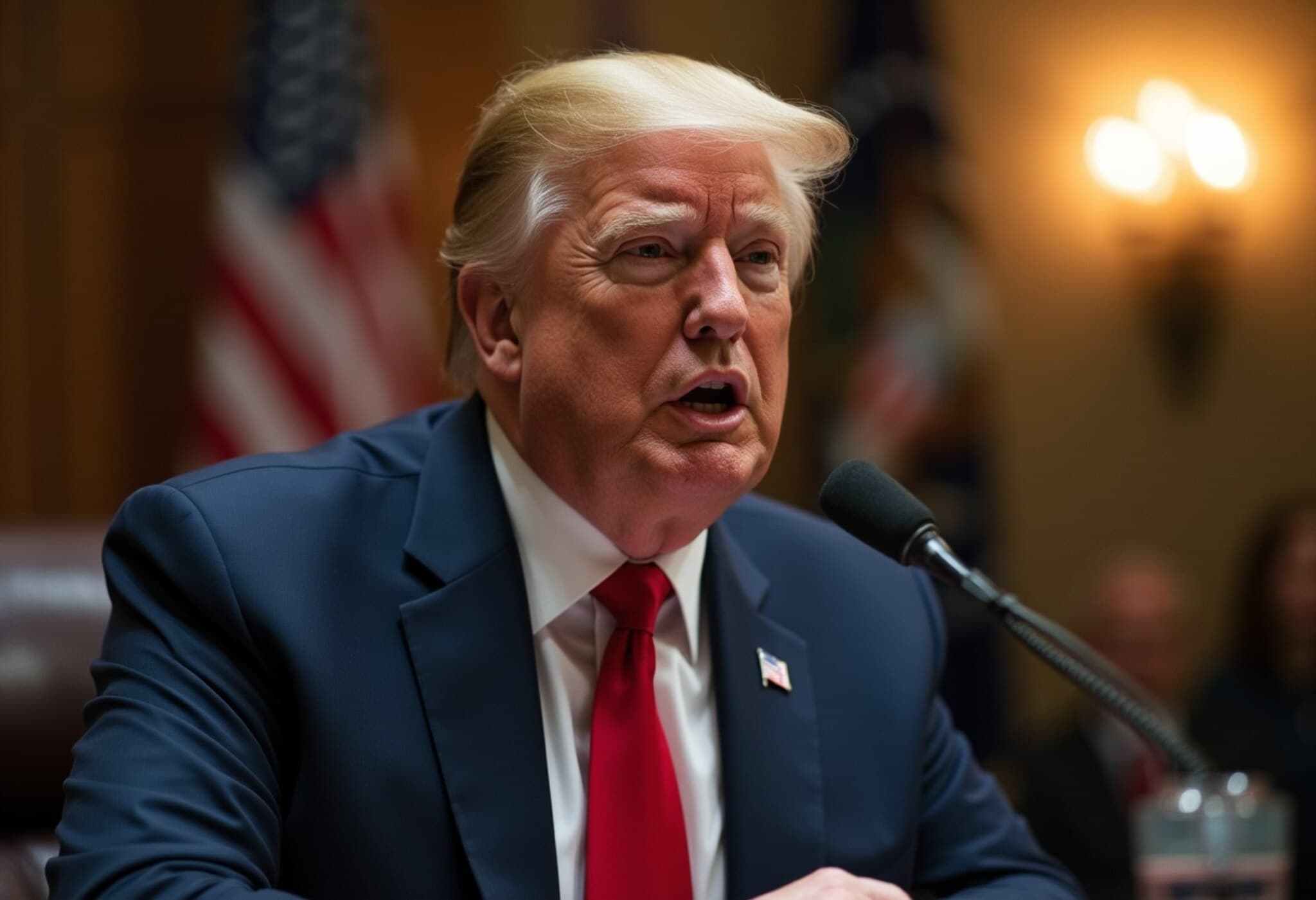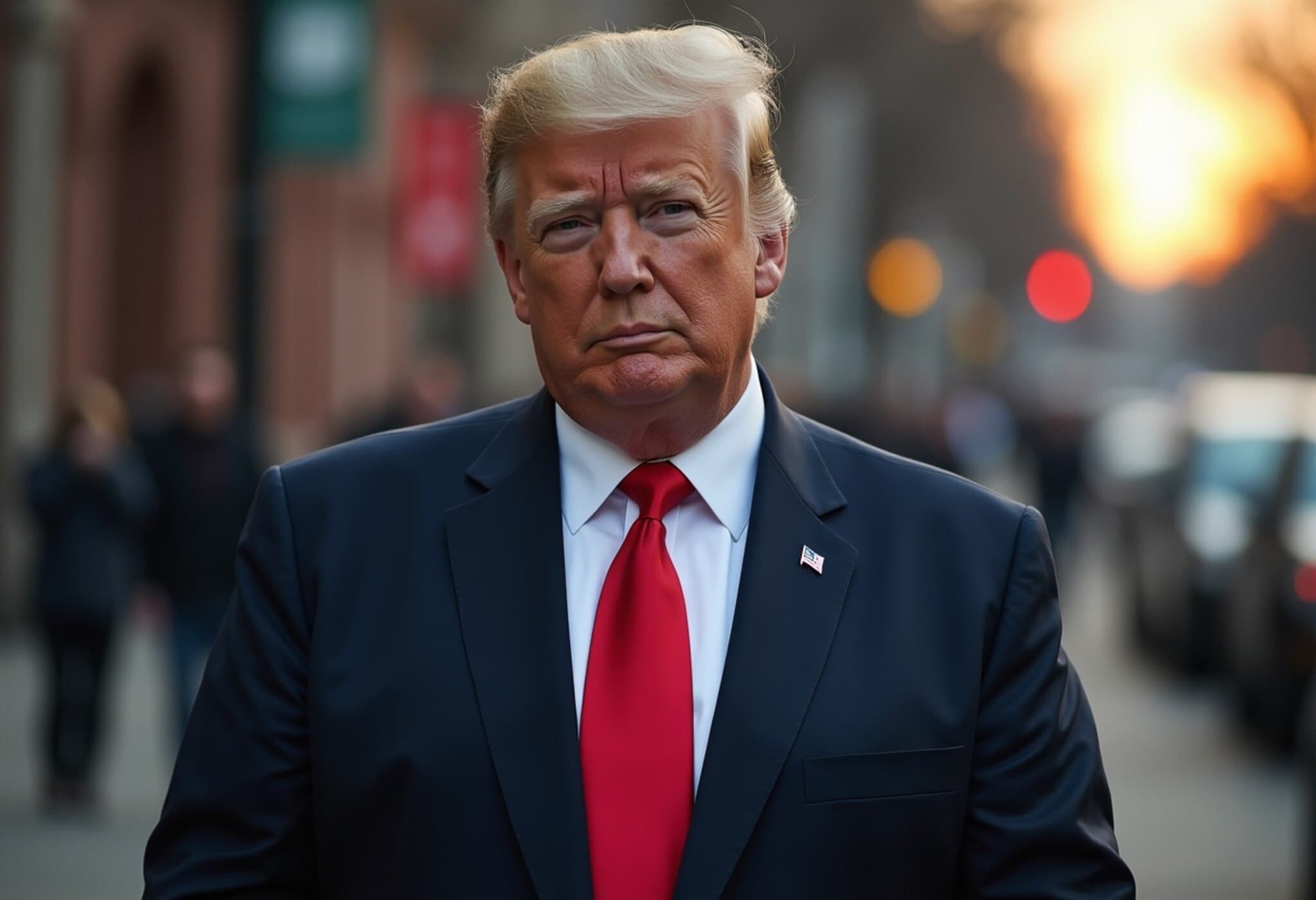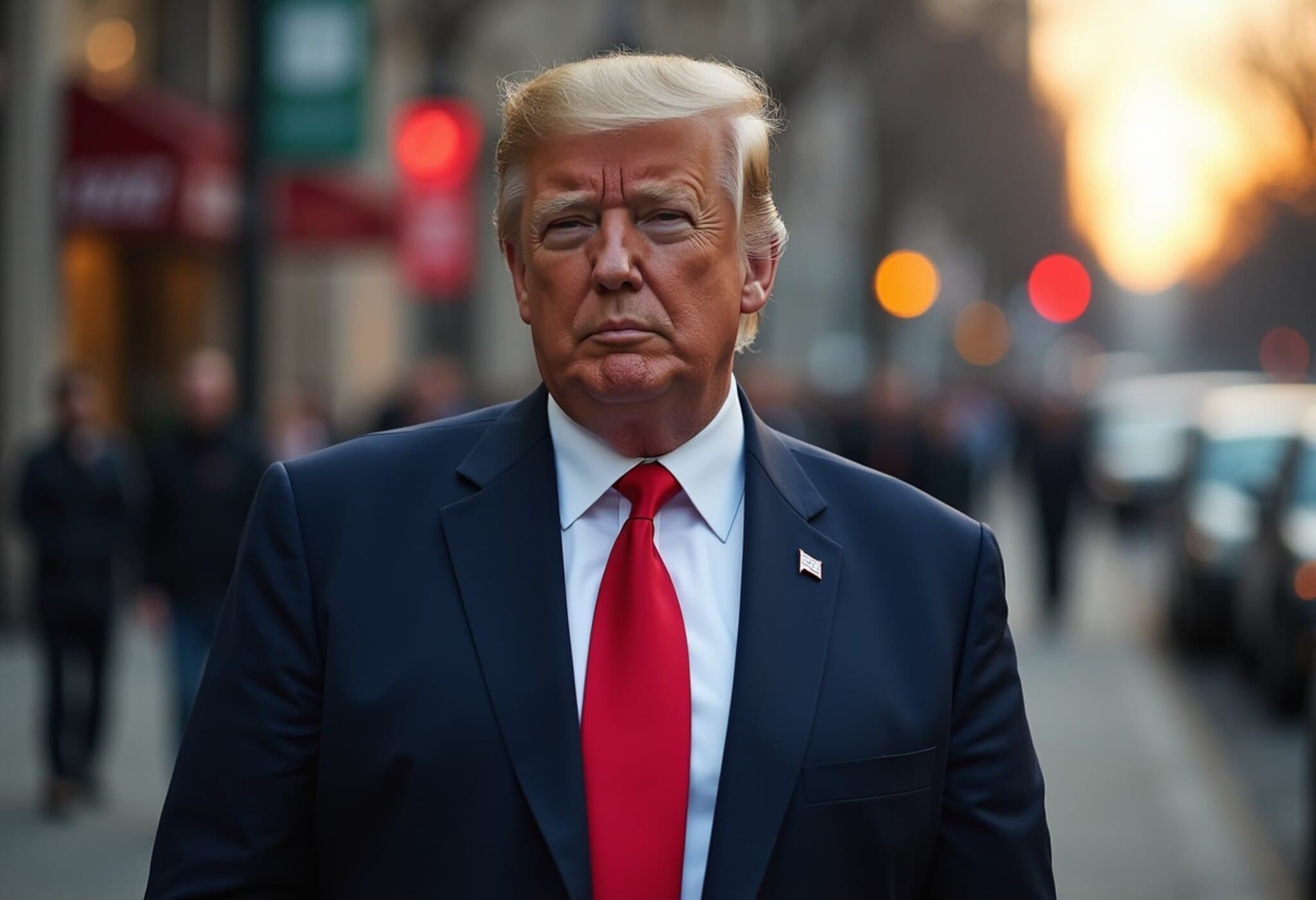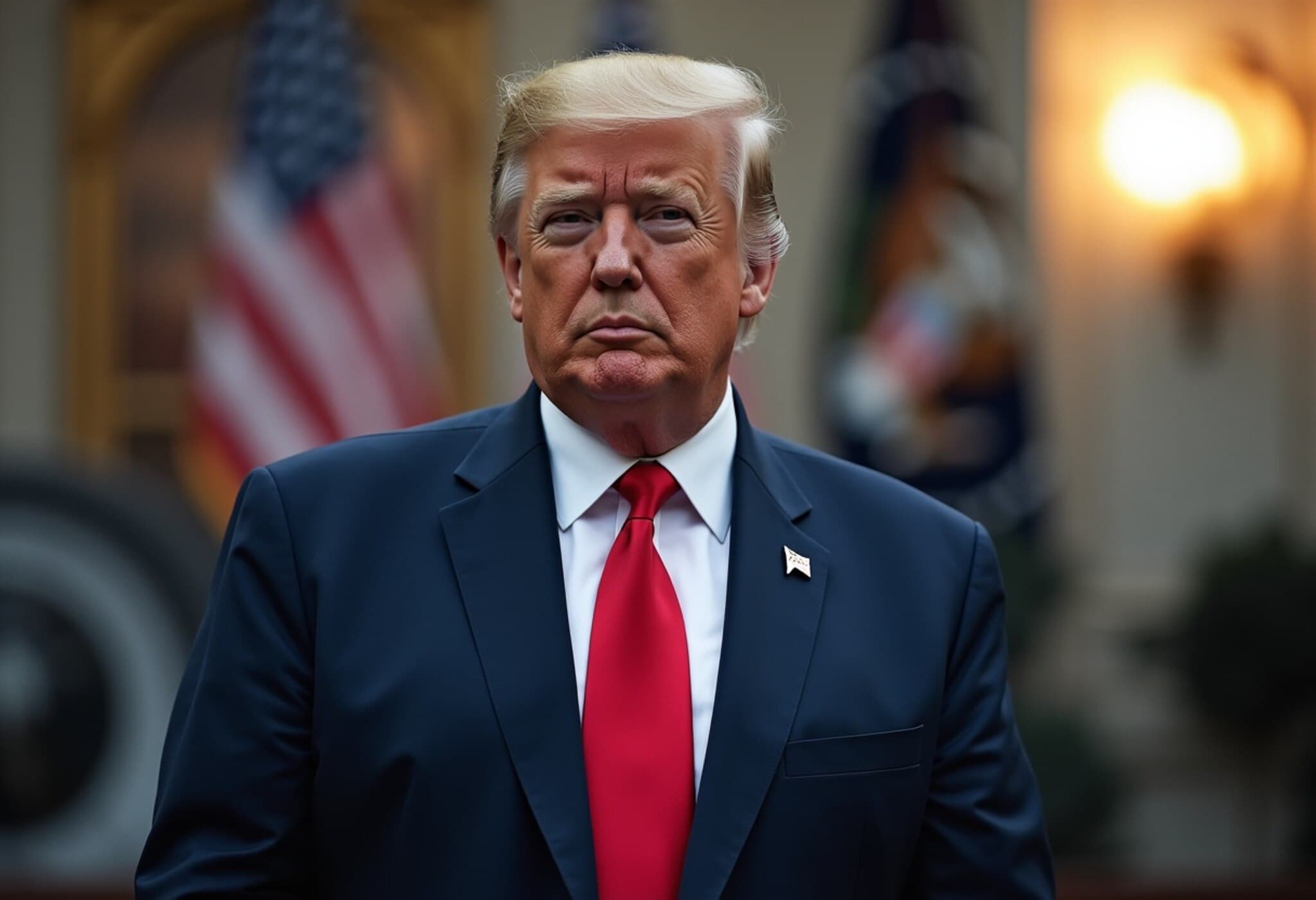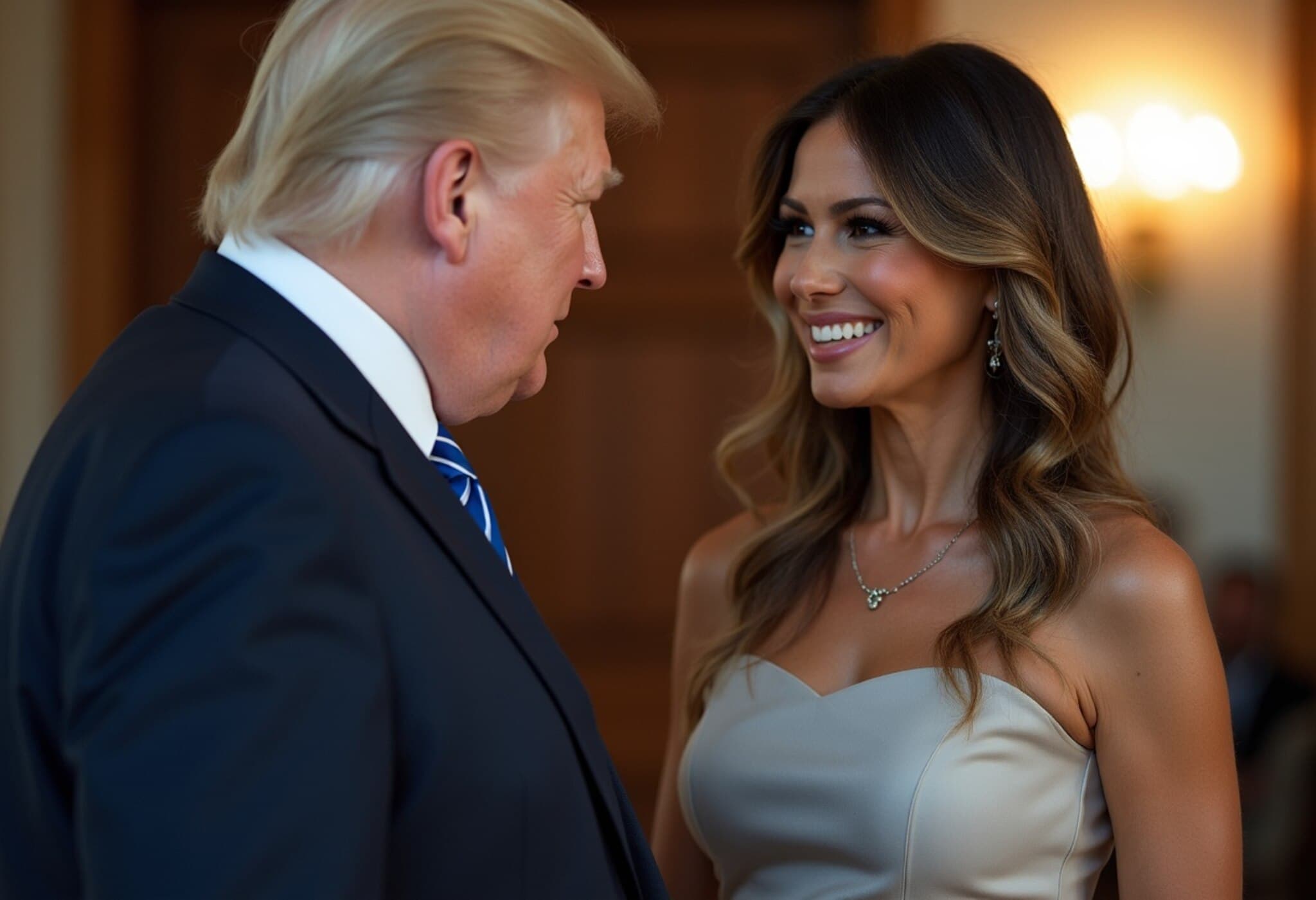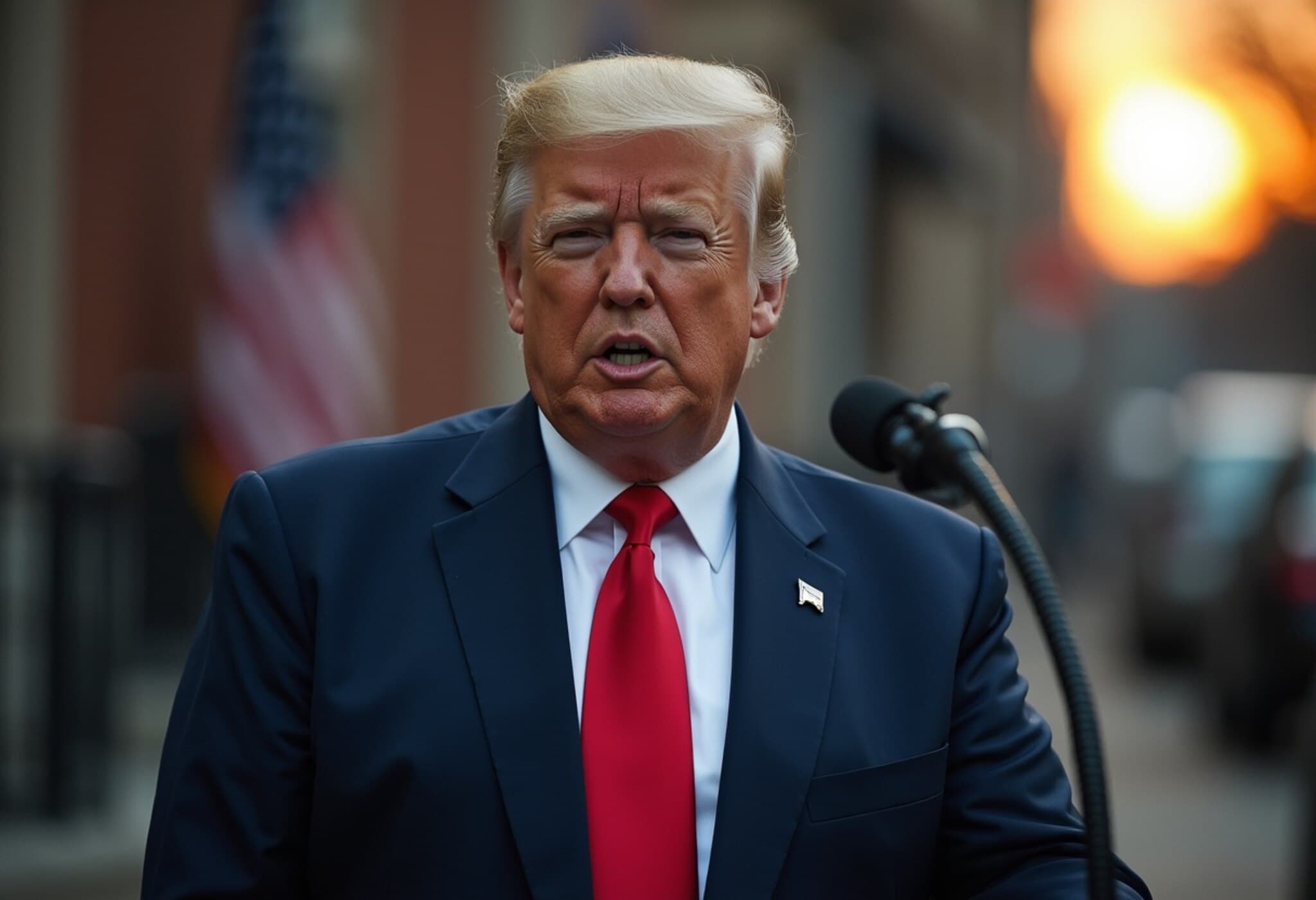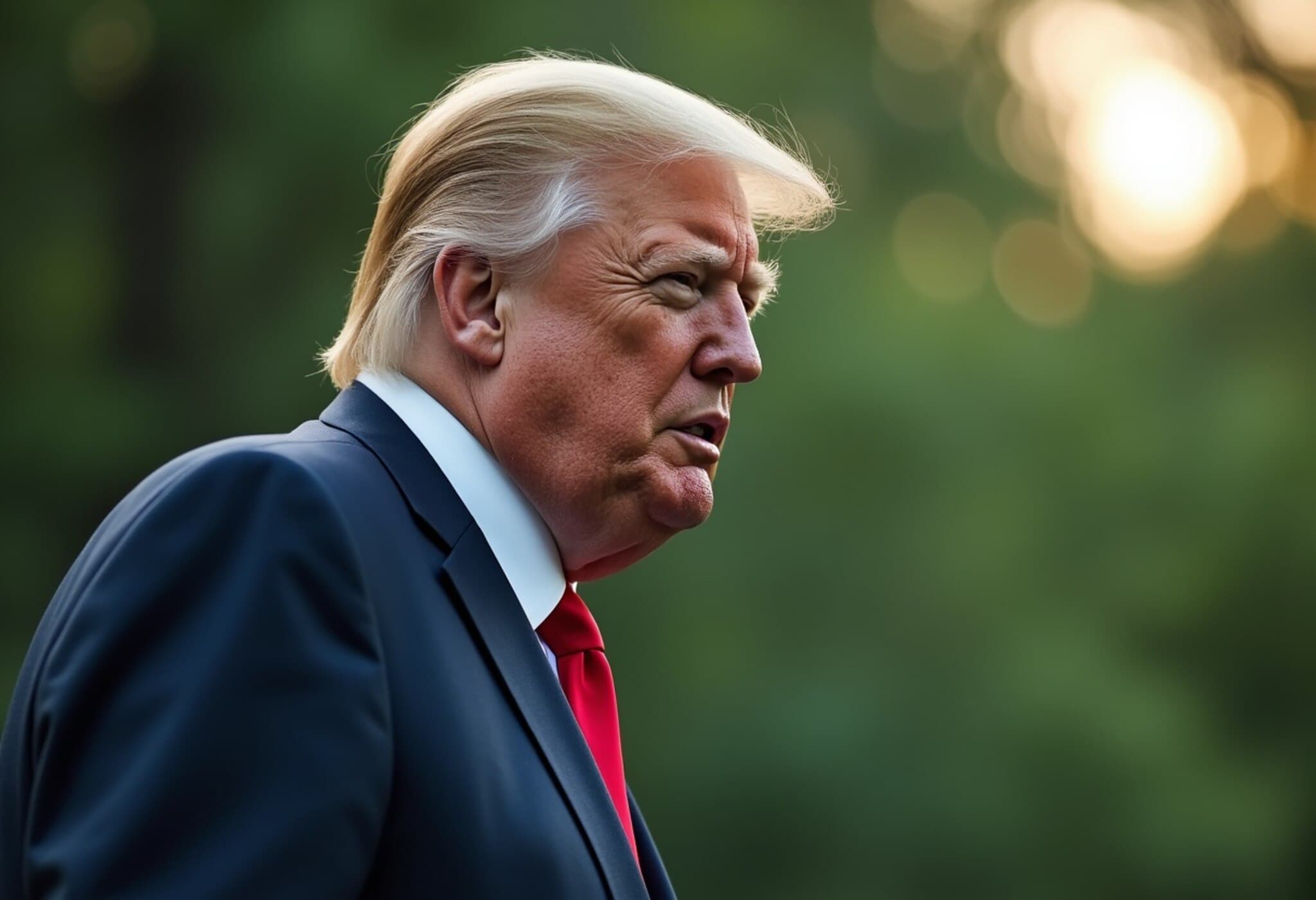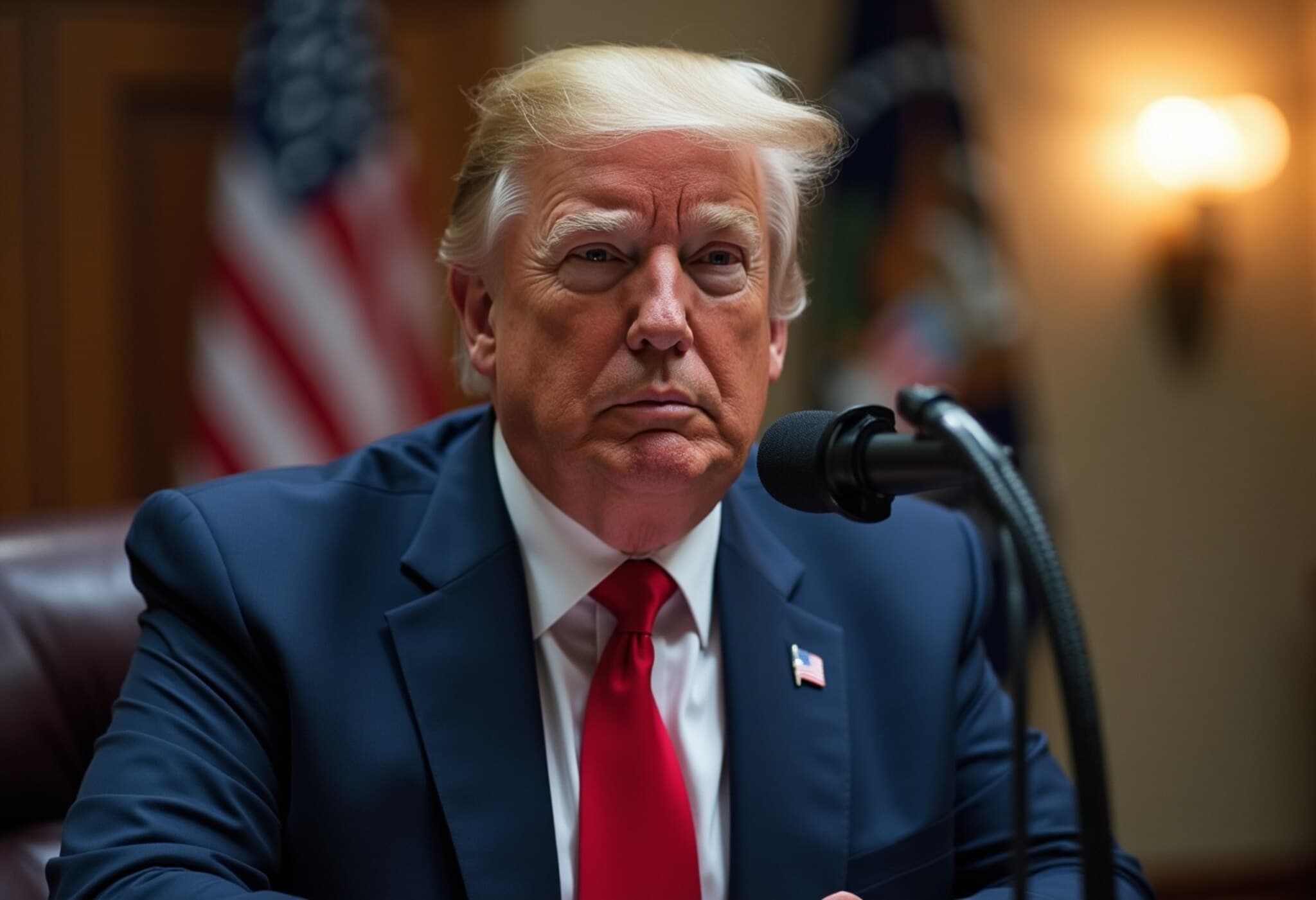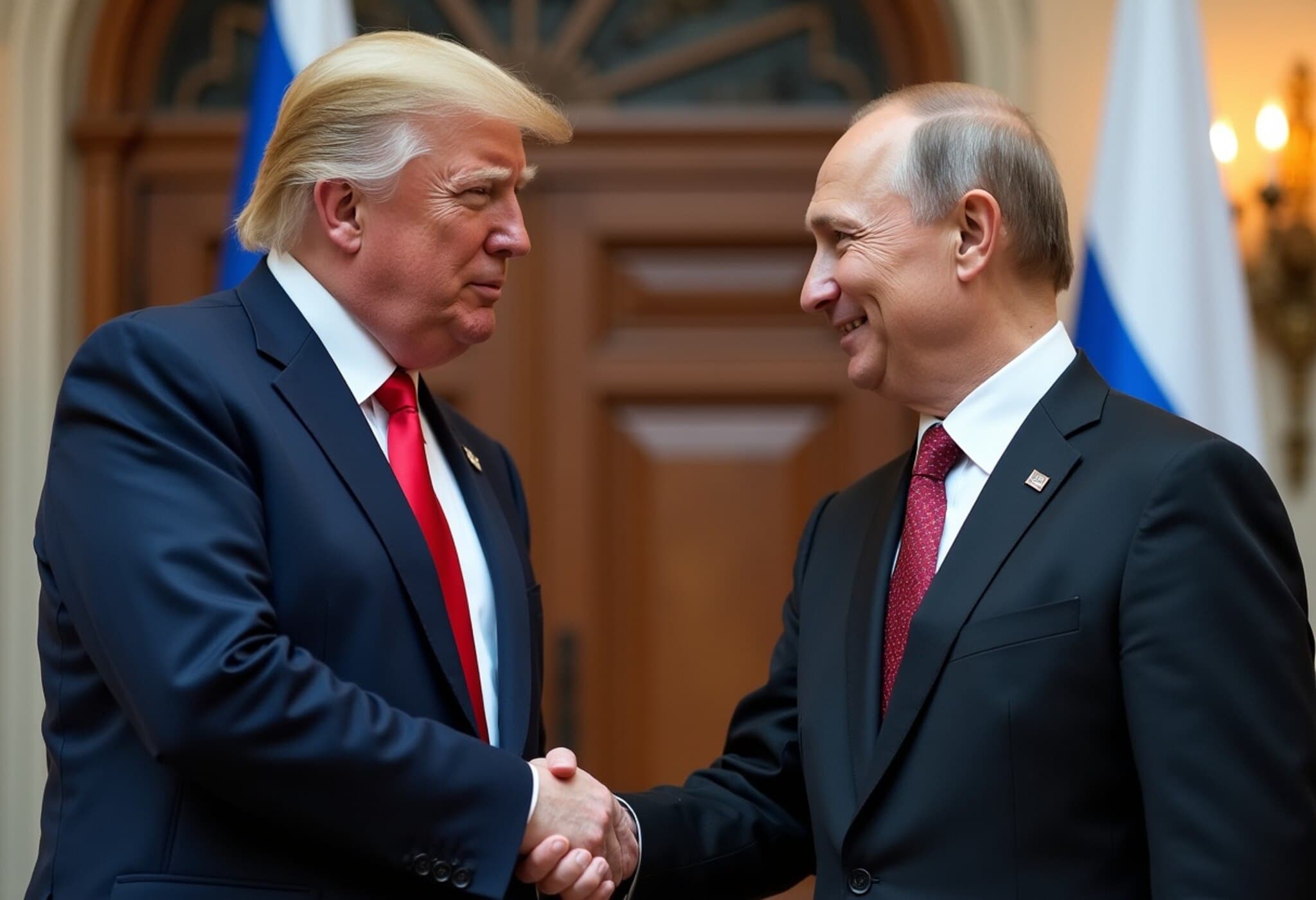Trump Revisits Federal Marijuana Policy, Sparking New Debate
In a recent private dinner at his Bedminster golf club, President Donald Trump reignited discussions on the future of federal marijuana regulations, hinting at possible policy shifts. Over a candid conversation with key donors, Trump acknowledged the need to "look at that," referring to the nation’s complex relationship with cannabis laws. This development comes nearly a year after he suggested easing federal restrictions and empowering states to determine their own cannabis policies.
A Political Promise Yet to Be Fulfilled
Back in late 2024, during his early months of his second term, Trump expressed openness to reforming marijuana laws — a stance that stood out within Republican leadership. He proposed removing marijuana from the stringent Schedule I drug classification, grouping it away from substances like heroin, reflecting a move to appeal broadly across demographics, including young voters, minority groups, and libertarian-leaning conservatives.
However, despite these initial hints, tangible policy changes have yet to materialize. This inconsistency stands in contrast to Trump's usual swift campaign promises. The delay raises questions about the complex balance between political strategy and legal hurdles facing cannabis reform at the federal level.
Internal Division: Between Opportunity and Caution
Sources close to White House deliberations reveal a split opinion among Trump’s advisers. Some senior strategists advocate for capitalizing on cannabis reform to energize the Republican base ahead of the critical 2026 midterm elections. They argue that embracing marijuana policy changes could not only garner votes but also address broader social and economic issues linked to cannabis legalization.
Conversely, other counselors voice concerns regarding the possible unintended consequences. These worries include complex legal ramifications, federal-state law discrepancies, moral objections among conservative constituents, and potential impacts on public health and safety. This cautious camp underscores traditional conservative values, reflecting the party's ongoing struggle to reconcile modernization with core voter beliefs.
White House Maintains a Deliberate Approach
In response to media inquiries, White House spokeswoman Abigail Jackson emphasized a measured and comprehensive evaluation process: "When it comes to marijuana, all policy and legal requirements and implications are being considered. The only interest guiding the president’s policy decision is what is in the best interest of the American people."
At present, the administration has not provided a concrete timeline for any marijuana policy reforms, underscoring the complex and often fraught nature of cannabis legislation in American politics.
Expert Commentary: What’s at Stake in Marijuana Reform?
Cannabis policy is one of the most dynamic issues in U.S. politics today, intersecting public health, criminal justice, economics, and civil liberties. Experts point out that federal reform could unlock significant economic opportunities—such as tax revenues, job creation, and invigorated agricultural markets—while also addressing systemic inequities caused by decades of disproportionate enforcement against minority communities.
- Economic Impact: Regulation and taxation of marijuana could bolster federal and state coffers.
- Social Equity: Reform could help reduce incarceration rates and provide reparative justice for communities harmed by the War on Drugs.
- Legal Harmonization: Federal action would resolve persistent conflicts between state-legal cannabis markets and federal prohibition, easing burdens on businesses.
- Political Implications: Cannabis reform may shift partisan dynamics, especially among younger and minority voters.
Despite these potential benefits, opponents worry about increased youth access, public safety concerns, and moral objections, especially within conservative sectors. The Trump administration’s current hesitation reflects a broader national debate balancing progress with prudence.
Looking Ahead: The Politics and Policy of Marijuana
As the 2026 midterms approach, cannabis policy could become a defining issue. Whether Trump’s recent remarks foreshadow substantive change or remain a strategic signal will depend largely on political calculation and public opinion trends. For the American public, the question remains: will federal marijuana reform finally move beyond rhetoric to tangible policy?
Editor’s Note
President Trump’s tentative remarks on marijuana underscore the evolving, often contradictory nature of U.S. cannabis policy. While reform promises economic and social benefits, entrenched political divisions make swift action difficult. Stakeholders from urban centers to rural communities watch closely, as future policies will affect millions of Americans legally, economically, and socially. This ongoing saga invites readers to consider: how will cannabis reform reshape America’s political landscape, and what compromises are still to come?
About the Author
Our World Desk comprises seasoned journalists committed to delivering nuanced coverage of global and national affairs. With dedicated expertise in policy analysis and an eye on emerging trends, we aim to bring readers insightful and trustworthy reporting that reflects the complexities of today’s interconnected world.

